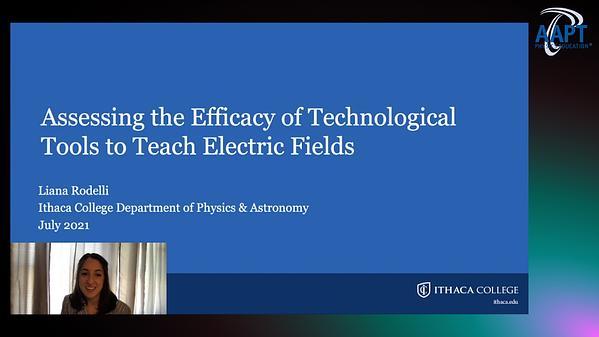Would you like to see your presentation here, made available to a global audience of researchers?
Add your own presentation or have us affordably record your next conference.
keywords:
music and sound
violence
education
In her forthcoming book ‘Sonorous Worlds’, Yana Stainova studies the lives of classical musicians against a backdrop of everyday violence in the urban barrios of Venezuela. Focusing on El Sistema, a nation-wide, state-funded music education program, the book argues that music, as a form of enchantment and artistic practice, simultaneously channels and exceeds forms of state power and social control. In doing so, it develops a conception of “musical enchantment” that acts as a key contending force of political aspiration in the wake of the decline of socialist governments in Latin America. Stainova’s book shows us how in the face of social exclusion, forced migration, and humanitarian crisis, the daily labor of musical practice elicits worlds of creativity and imagination that help young people cope with and challenge their everyday material realities, and harness the singular potential of art in order to reimagine their futures. By doing so it makes three key interventions in debates in the anthropology of art, ethnomusicology, and the everyday life of the state. First, it reverses the traditional conceptions of western classical music as elitist “distinction”, revealing how it may act, instead, as a democratized form available to the urban poor. Second, it demonstrates an alternative route to self-expression vis-à-vis the Latin American state that transcends logics of socialist “repression” and neo-liberal “aspiration”. Third, it offers a picture of aesthetic life that is both tied to and distinct from coordinates of socio-political history. Through its overall focus on artistic practice and enchantment, ‘Sonorous Worlds’ also provides a method by which to theorize the successes and failures of political projects through the lens of everyday transformations in people’s lives. In this Roundtable, discussants are invited to consider the resonances that this book might have with their own regions of thought in relation to questions of state and everyday violence, formations of wonder and enchantment, and the relation between institutional power and artistic practice.

